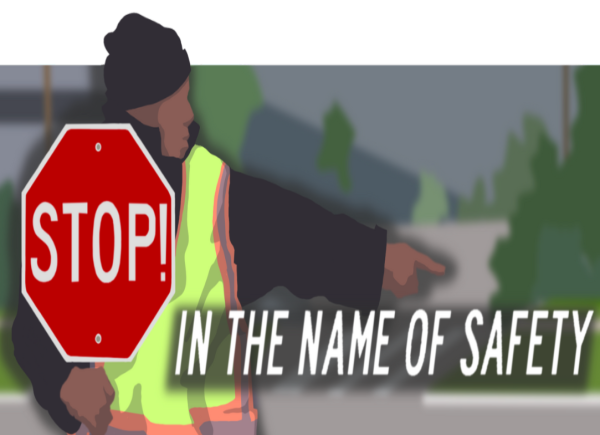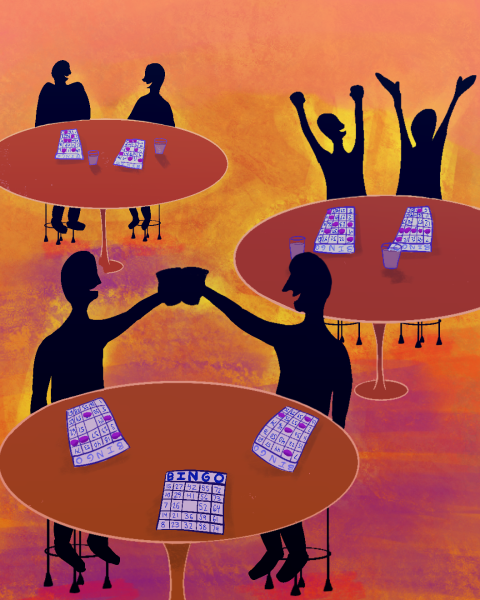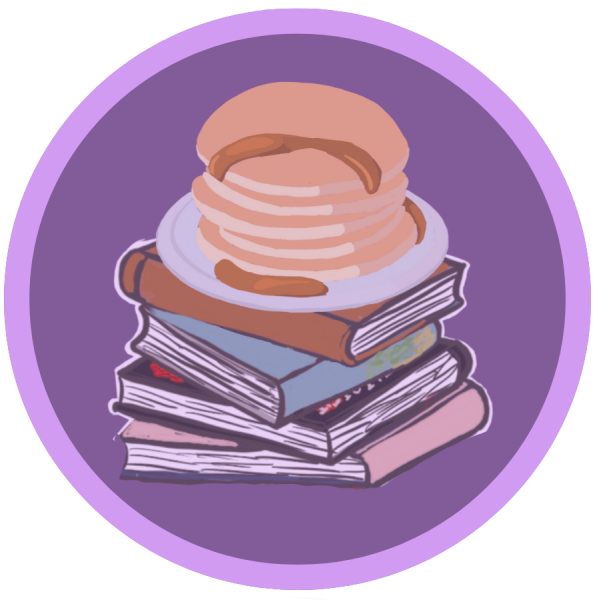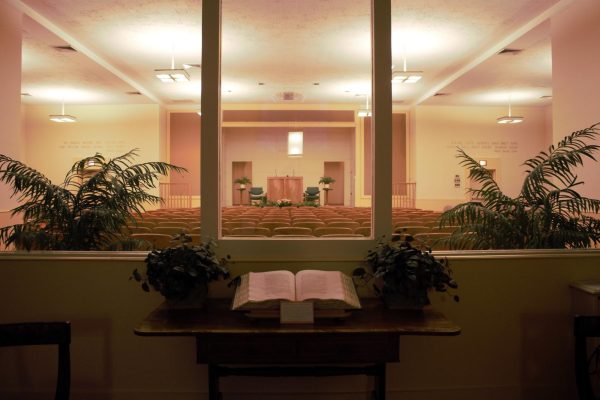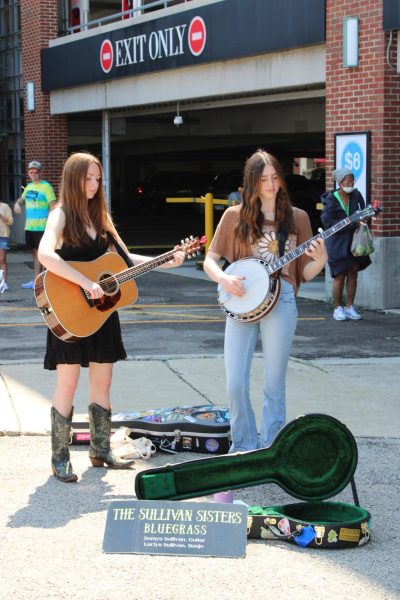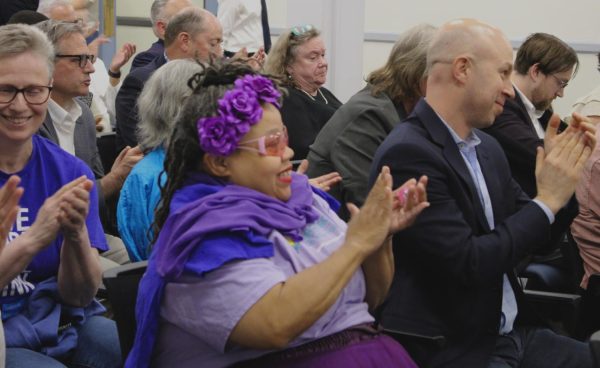Students detail holiday plans as COVID cases rise
With the anticipation of winter break on the rise within the ETHS community, many students are starting to make plans for how their two weeks of rest will be spent. While the idea of relaxing and turning away from schoolwork is the highlight of break for some, others look forward to traveling.
After over a year of limited travel, the idea of leaving the safety of our homes seems foreign. However, now that some students and their families are vaccinated, the question of whether it is safe to travel again is at the forefront of many of their minds.
“My stress levels fluctuate with COVID-19. I think that, now that most people are fully vaccinated, it eases some of my concerns about people being reckless around me when I am traveling and walking around the airport,” Junior Keely O’Brien says.
Different modes of travel pose different levels of risk to vacationers. Especially when it comes to flying the unknowns of fellow travelers wearing their masks properly, being fully vaccinated or being careless about precautions can spark some nerves. Sophomore Frank Herman is traveling to Los Angeles over winter break and expresses his concerns about traveling by plane.
“It will be my first time on a plane in about three years, and I’m not sure what to expect or how it is going to go. I hope that the people on the plane will take proper precautions, but nothing is guaranteed,” Herman says.
During fall break, Herman traveled to Madison, Wis. to visit family members. He expressed how his stress of traveling during the pandemic was eased with the fact that the number of COVID-19 cases was low. But compared to his trip up north, Herman would say he is more nervous about going to the west coast.
“Even though most people in LA are vaccinated, I am going to try my best to stay six feet away from others, but it might be difficult since LA is very densely populated,” Herman adds.
Junior Maya Valentine plans on visiting Puerto Rico over winter break and expresses similar concerns in regards to flying.
“I’m not that worried, because my family will wear their masks correctly, but I’m worried that the people on the plane might have some difficulty wearing masks properly or being careless. I think that people might get anxious about being on a plane for so long that they won’t follow precautions correctly,” Valentine says.
To limit exposure to Covid, following CDC guidelines or even creating your own guidelines is something that ETHS students have implemented. Hansen describes her personal goals for limiting her exposure to COVID-19 in California.
“All of my family is fully vaccinated. We are going to wear masks and wash our hands. We are also going to mainly be outside,” Hansen says. “I also think that the mask mandate is good and helpful. Following protocols will help lower our stress levels and the CDC has put good information out on how to keep everyone safe.”
Differences between break plans this year and last year are vast. This year, although Covid is less prominent in the public eye, there are many challenges that are being faced with new variants, different restrictions and high anxieties. O’Brien describes the differences she has seen between her breaks from this year and last.
“My break plans this year are a lot more extensive compared to last year. I didn’t go anywhere for winter break last year, but now I’m going to two states,” O’Brien says.
Herman feels more hesitant this year about traveling during winter break since the pandemic has changed this year but hasn’t gone away.
“Now that vaccinations are more common, everything I want to do is available this year compared to last. But everything is still really difficult, and you have to keep testing and quarantining for school. Everything is more complicated this year than last,” Herman states.
With ever-fluctuating case numbers, the question of whether to travel now or wait another year persists in the minds of many. Weighing the pros and cons of both options has led families to differing outcomes.
“Staying home for another year wouldn’t be my first choice, but if staying home for another year allows COVID-19 to die down, that’s what I would do,” Valentine says.
Whether or not students are traveling or not, one thing they did agree on was taking proper COVID-19 precautions to help control the spread of the virus.
“If you are taking precautions, you are protecting yourself and others and you have to hope others are doing the same,” Hansen adds.
Your donation will support the student journalists of the Evanstonian. We are planning a big trip to the Journalism Educators Association conference in Philadelphia in November 2023, and any support will go towards making that trip a reality. Contributions will appear as a charge from SNOSite. Donations are NOT tax-deductible.


